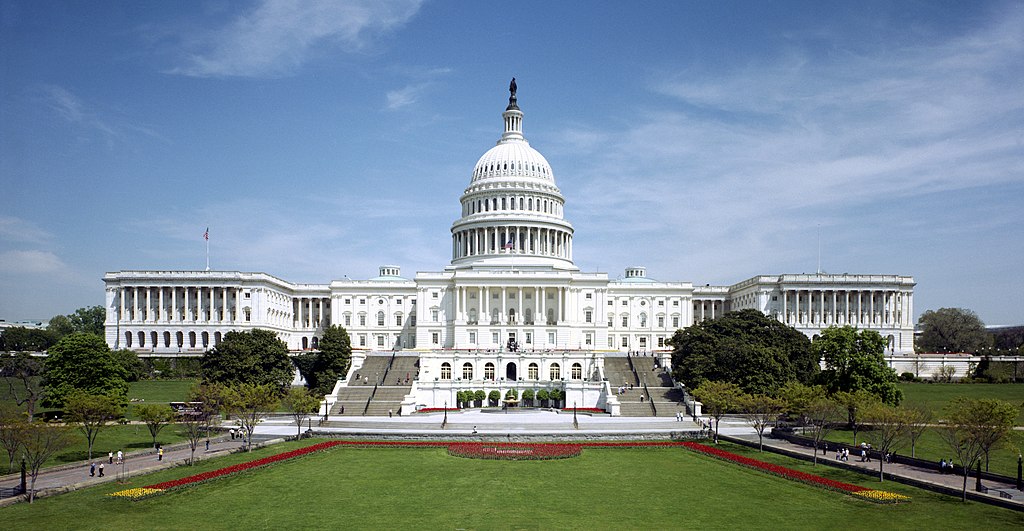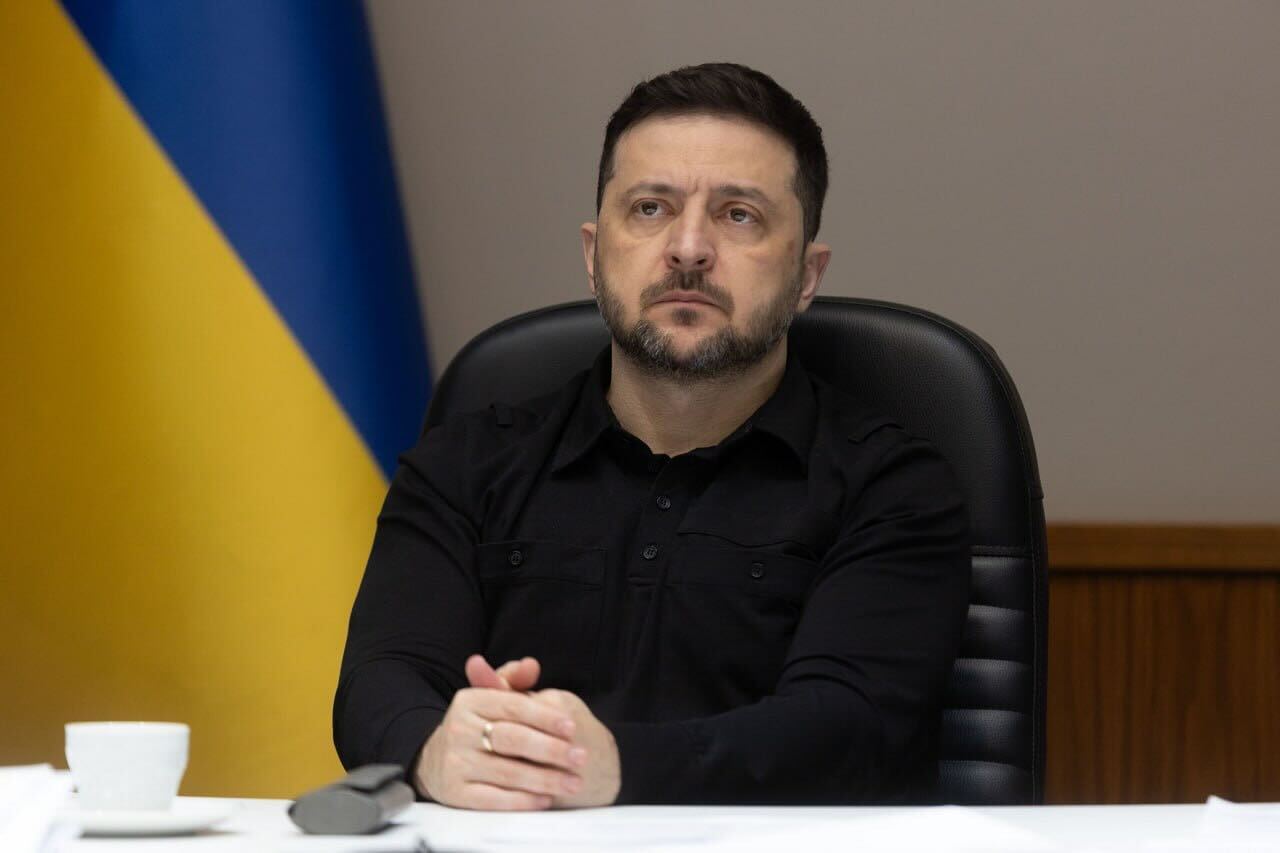Confidence in Government on National Security Matters: March 2018
In July, we began a polling project to measure public confidence in government institutions on national security matters on an ongoing basis. This post provides our data for the month of March. It includes perceptions about government institutions and about the two major political parties’ handling of national security; about the president’s handling of key national security issues; about Special Counsel Robert Mueller’s investigation; and ongoing military operations.

Published by The Lawfare Institute
in Cooperation With

In July, we began a polling project to measure public confidence in government institutions on national security matters on an ongoing basis. This post provides our data for the month of March. It includes perceptions about government institutions and about the two major political parties’ handling of national security; about the president’s handling of key national security issues; about Special Counsel Robert Mueller’s investigation; and ongoing military operations.
Confidence in Institutions to Protect U.S. National Security Remains Stable
In the last week of March 2018, we used Google Surveys to ask respondents the following questions about confidence in institutions:
- How much confidence do you have in the Congress to protect U.S. national security?
- How much confidence do you have in the federal courts to protect U.S. national security?
- How much confidence do you have in the president to protect U.S. national security?
- How much confidence do you have in the intelligence community to protect U.S. national security?
- How much confidence do you have in the military to protect U.S. national security?
On a scale of 1 (“No confidence”) to 5 (“High confidence”), the average score for each institution from highest to lowest score was: 3.81 for the military, 3.0 for the intelligence community, 2.81 for federal courts, 2.65 for the president, and 2.44 for the Congress. In March, Congress and the federal courts saw a very small uptick in support from our previous polling in late February, while confidence fell slightly in the military, intelligence community, and the president.
The drop in confidence for the intelligence community from February to March is part of a larger trend of confidence in the intelligence community waning in every poll we’ve conducted since December. The precise reason for this decline is not clear, but it could reflect public confidence declining after repeated attacks on the intelligence community in relation to its findings of Russian meddling in the 2016 election.
The greatest decline in public trust this month was for the president’s ability to protect U.S. national security. The 2.65 average confidence score for the president in March was the lowest level of confidence seen in our polling since October, when average confidence in the president was just 2.62. As we documented last month, the president’s popularity on national security with women has been increasing since we first began asking respondents this question in July. Conversely, this month, the president’s declining support comes mostly from women, whose average confidence for the president declined to 2.42 in March from 2.55 in February.
Leaving aside the monthly fluctuations, what is striking about these institutional confidence numbers—as the monthly trend line grows in length—is how stable they are, both in absolute terms and in relation to one another. Over the nine months we have asked these questions, all of the trend lines have remained essentially static; no line has crossed another line, meaning that confidence in no institution has either surged or plummeted above or below confidence in another institution; and apparent variability month-to-month has tended to correct itself relatively quickly. In other words, despite the political turmoil of the past year, which has tended to bring many institutions in disrepute as national security actors, confidence in major institutional actors is holding up pretty well. If support for any of these actors has tanked, the dive off the cliff took place before we started asking the questions.

The Republican Party’s National Security Advantage Over the Democratic Party Holds
We ask two separate questions to gauge the public’s party preferences on national security. One is on confidence to handle national security matters generically. On that question, in March, average confidence in the Republican Party’s ability to protect U.S. national security was 2.69 and average confidence in the Democratic Party’s ability was 2.51. Both parties are perceived more favorably than is Congress as a whole, which has an average confidence score of 2.44. However, this marks the fourth straight month that confidence in the Democratic Party has fallen, and this is the lowest level of confidence in the Democratic Party’s ability to protect U.S. national security that we’ve observed since first asking respondents this question in August. Support for the Republican Party fell slightly as well, so the Republican Party’s advantage on national security holds.
Again, moving away from the monthly fluctuations, flatness and stability of the trend line is striking. In the eight months we have asked this question, the GOP lead has for one two-months stretch closed to zero, but it quickly reemerged. Viewed over time, it appears persistent, if small. Neither party is growing in public confidence on national security matters. And neither party is collapsing either—though the Democratic Party trend line has a gently negative slope.

In our second question, we ask which of the two parties will do a better job on protecting the country from international terrorism and military threats. On that question, the Republican advantage increases markedly when respondents are asked to choose between the parties or options of “neither” or “don’t know.” When asked in this manner, 30 percent of respondents chose the Republican Party, and 22 percent chose the Democratic Party. For the second straight month, more respondents chose “neither” (24 percent) or “don’t know” (24 percent), demonstrating that a near majority of people don’t have a party preference in this area.
Confidence Remains Low in the President’s Handling of Key National Security Issues
In November, we began asking respondents how confident they were in the president’s ability to handle key national security issues, specifically with regard to Iran, North Korea and terrorism. In March, we once again found that confidence in the president on these topics remains low. Confidence in the president’s handling of each of these issues is well below the level of average confidence in the president’s handling of national security generally (2.65). This marked the first poll we conducted following revelations that the President agreed to meet with North Korea’s Kim Jong Un, and this may be part of the reason average confidence in the president’s handling of North Korea increased modestly from 2.41 in February to 2.44 in late March. But, despite this slight uptick in confidence, the public remains highly skeptical of the president’s ability to handle North Korea. In fact, 46 percent report having “no confidence” in the president when it comes to North Korea. Once again, note the relative stability of the trend lines over time, though the trend lines are shorter on these questions than in our broader institutional confidence polls.

Confidence in Special Counsel Mueller Falls, Continuing Evidence of the “Indictment Effect”
As we have since October, we once again asked the public about its level of confidence in Mueller’s “fairness and objectivity” at the end of the month, specifically from March 25–27. Average confidence in Mueller was a 2.88 on our scale. While this is a higher level of public confidence than the president, the Congress, the federal courts, or either political party, it is the lowest level of confidence we’ve seen in Mueller since late November. This result does, however, follow the “indictment effect” pattern we’ve identified of public confidence in Mueller rising in the aftermath of his issuance of indictments and falling with time after indictments, given that this poll was conducted in late March, weeks after the most recent indictments from his investigation. Note that unlike the trend lines for the broader institutional questions and the parties, confidence in Mueller fluctuates a fair bit and seems highly dependent on the news cycle. The more active the special counsel is in bringing cases and winning plea agreements, the stronger the support for him grows.

Confidence in Ongoing Military Operations Falls and Remains Well Below Confidence in the Military
Once again, the military enjoys the highest level of public confidence of any government institution we asked about (a 3.81 on our scale), yet confidence in ongoing military operations in Afghanistan and Iraq-Syria is markedly lower, with average confidence scores of 2.79 and 2.75 respectively. This is the lowest level of public confidence in military operations in Afghanistan that we’ve seen since we began asking respondents about these conflicts in November. On the other hand, confidence in military operations in Iraq and Syria increased in March, following a peak low level of confidence in February. This March poll was conducted prior to President Trump’s call for U.S. troops to leave Syria, so we’ll await April’s results to determine if this action by the president moves the needle on confidence for this conflict.

Methodology
From March 25–28, we once again used Google Surveys, which is supporting this project with a large in-kind donation of access to its survey platform, to ask a variety of questions related to national security. Respondents are internet-users aged 18 and older who answer “surveywall” questions on websites that use Google Opinion Rewards for Publishers to access content. Surveys appear on a network of more than 1,500 sites, including USA Today and the Financial Times. For more information on Google Surveys’ methodology, including questions regarding sampling bias and inferred demographics, please see Google’s white paper on the topic. Benjamin Wittes and Emma Kohse also discussed criticisms and advantages of the Google Surveys methodology at some length in this paper.




-(1).jpg?sfvrsn=b91ff6a6_7)

.jpg?sfvrsn=ca10a5c_7)
